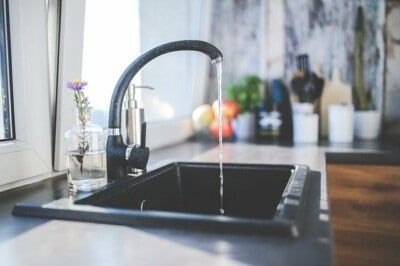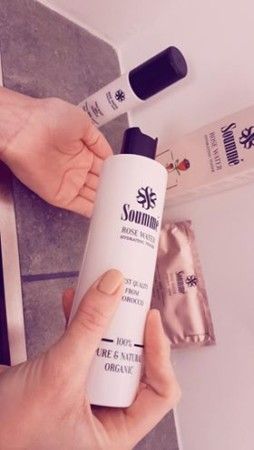Harmful plasticizers in drinking water?
In Germany, fresh drinking water comes out of the tap every day. Tap water must be free of pathogens and harmful substances according to drinking water regulations.
Regular checks by water suppliers should ensure compliance with legal requirements. But is that enough? Because there are not defined limits for all substances.
Harmful plasticizers (phthalates) are not only found in plastic bottles, but can also become a health hazard in plastic water pipes.
What are the effects of plasticizers in drinking water??
Plasticizers, known as phthalates in technical jargon, are used in plastic production to make materials malleable, for example in the manufacture of PET beverage bottles.
Plasticizers also give plastic water pipes their necessary flexibility, make them more pliable and extend their shelf life.
Phthalates are considered extremely harmful to health, enter the human body mainly through food or air and have a negative effect on the endocrine system.
Phthalate-based plasticizers can damage the nervous system, liver and immune system. In addition, these plastic softeners are strongly suspected of affecting the male reproductive organs.
Phthalates can be found in food packaging, cosmetics, floor coverings, toys, lubricants, etc.
But even inexpensive plastic water pipes can become a health hazard if plasticizers enter the drinking water through the pipes.
Even the ingestion of tiny amounts produces an effect similar to that of taking hormone preparations.
Hormones and hormone-active substances: Simple drinking water check provides safety
Inside plastic water pipes, a distinctive biofilm can form over time, in which a variety of pathogens and germs are embedded.
Plasticizers therefore not only pose a risk due to their harmful ingredients, but also provide an ideal breeding ground for microorganisms such as bacteria and fungi.
Phthalates pose a particularly high risk, especially for unborn babies and children. A simple drinking water check creates safety.
With the InLabo water test, hormones and endocrine disruptors such as plasticizers and estrogens can be determined in drinking water for the first time as a cumulative parameter.
The professional biotechnological analysis procedure identifies not only some, but all substances and the expression of their biological effectiveness.
In addition to hormones and hormone-active substances, the drinking water test also measures all environmental toxins with hormonal effects.


